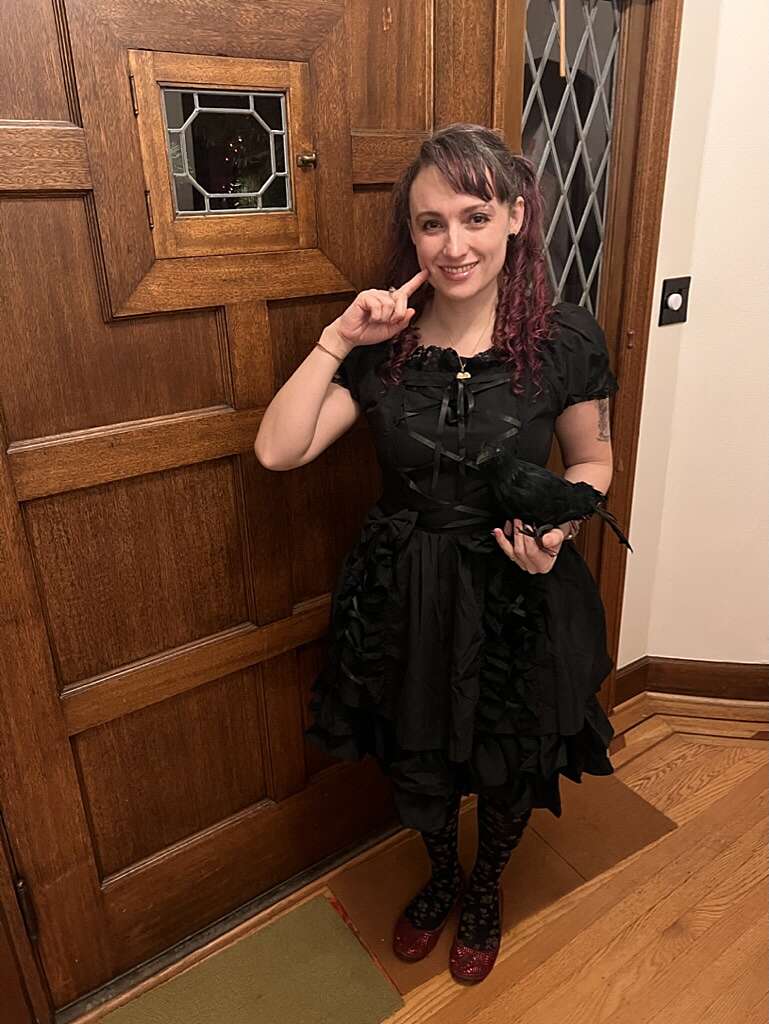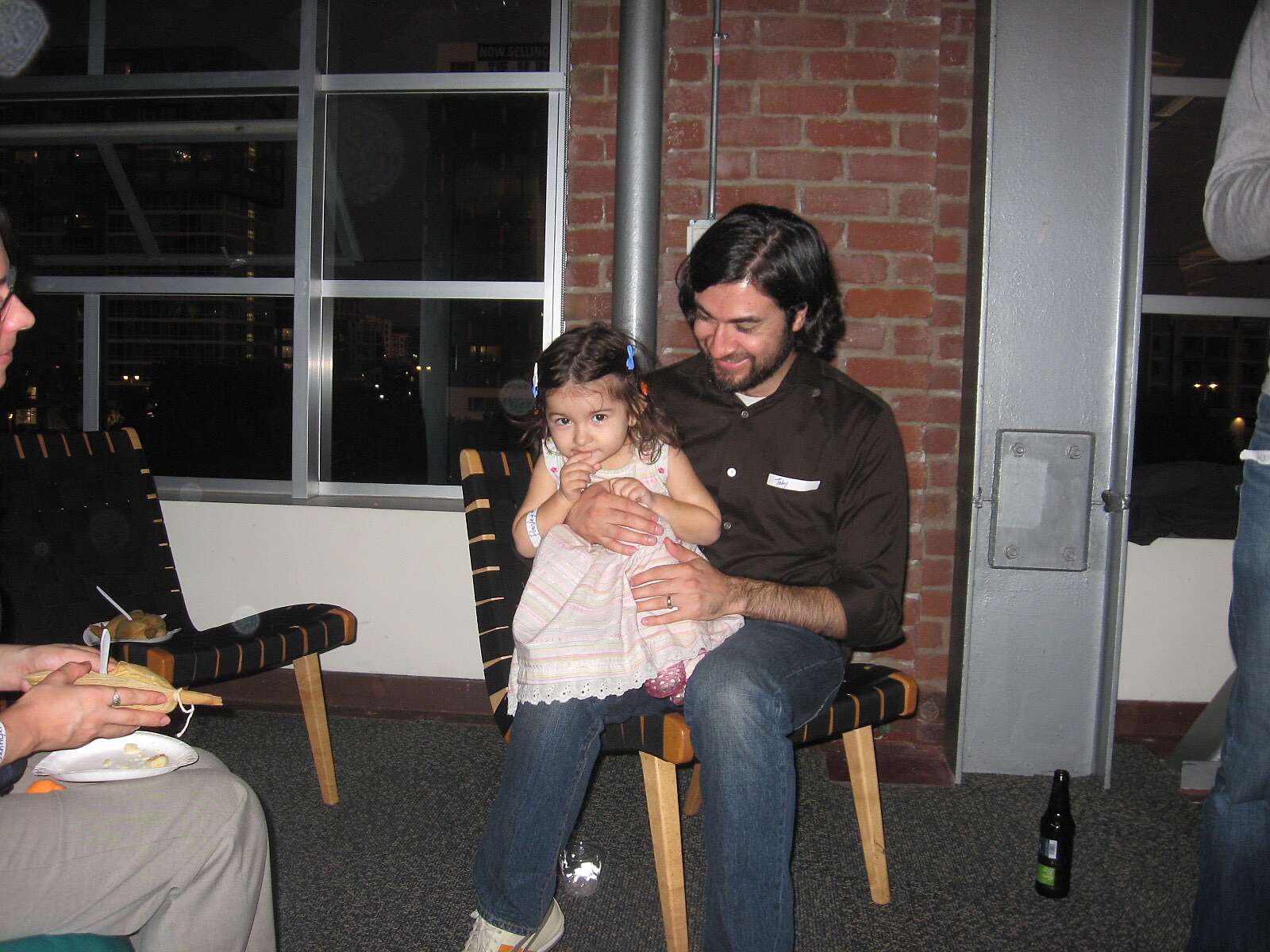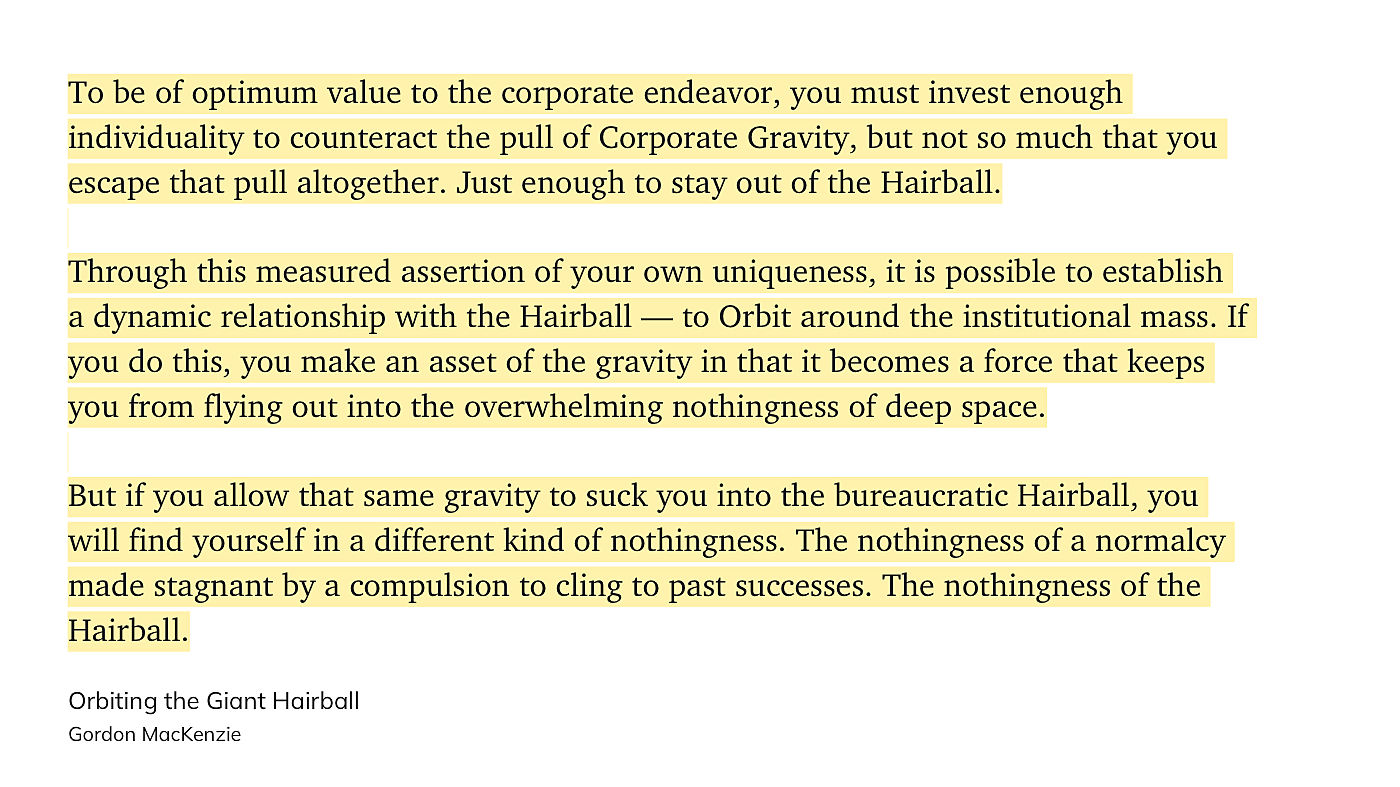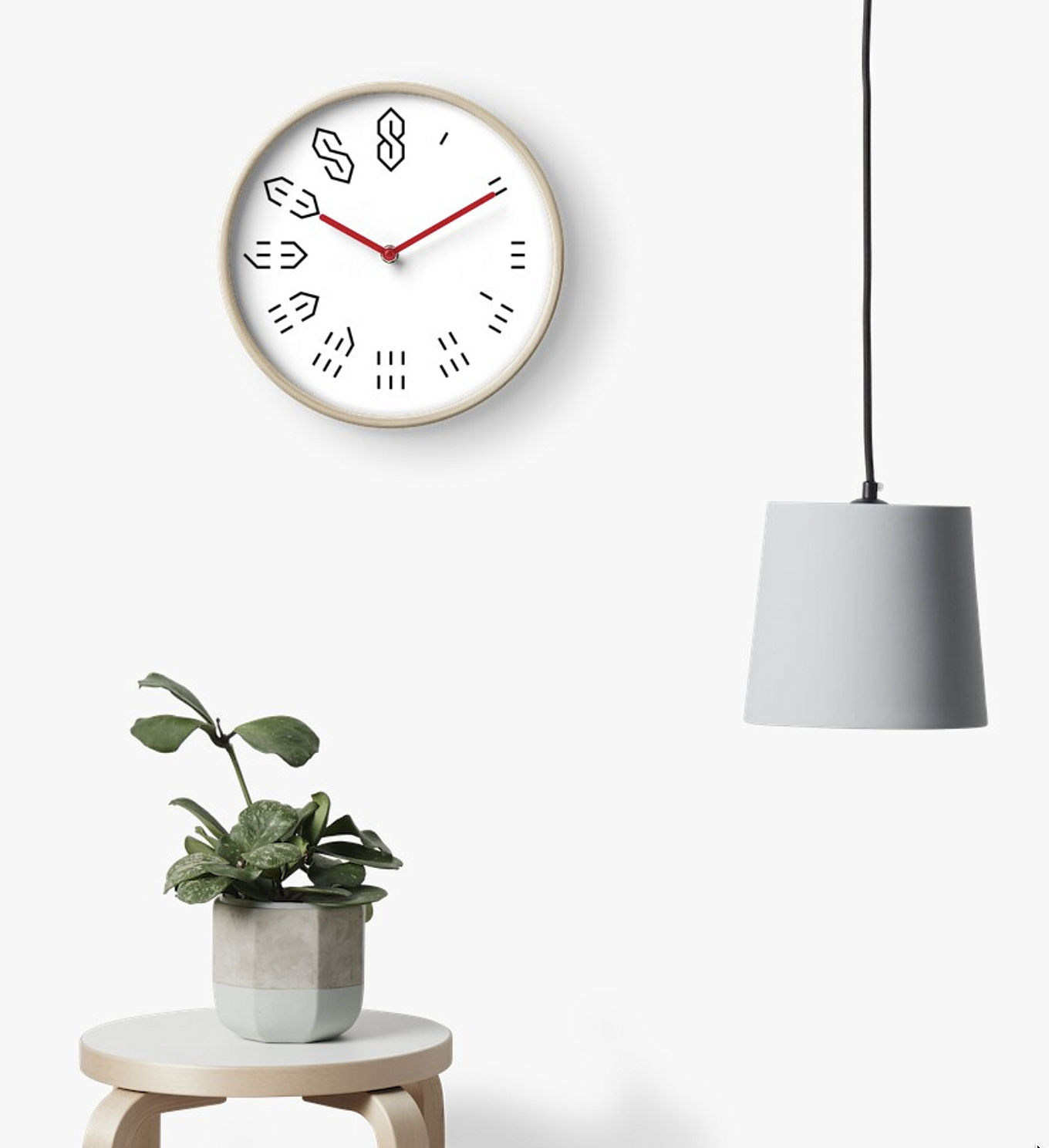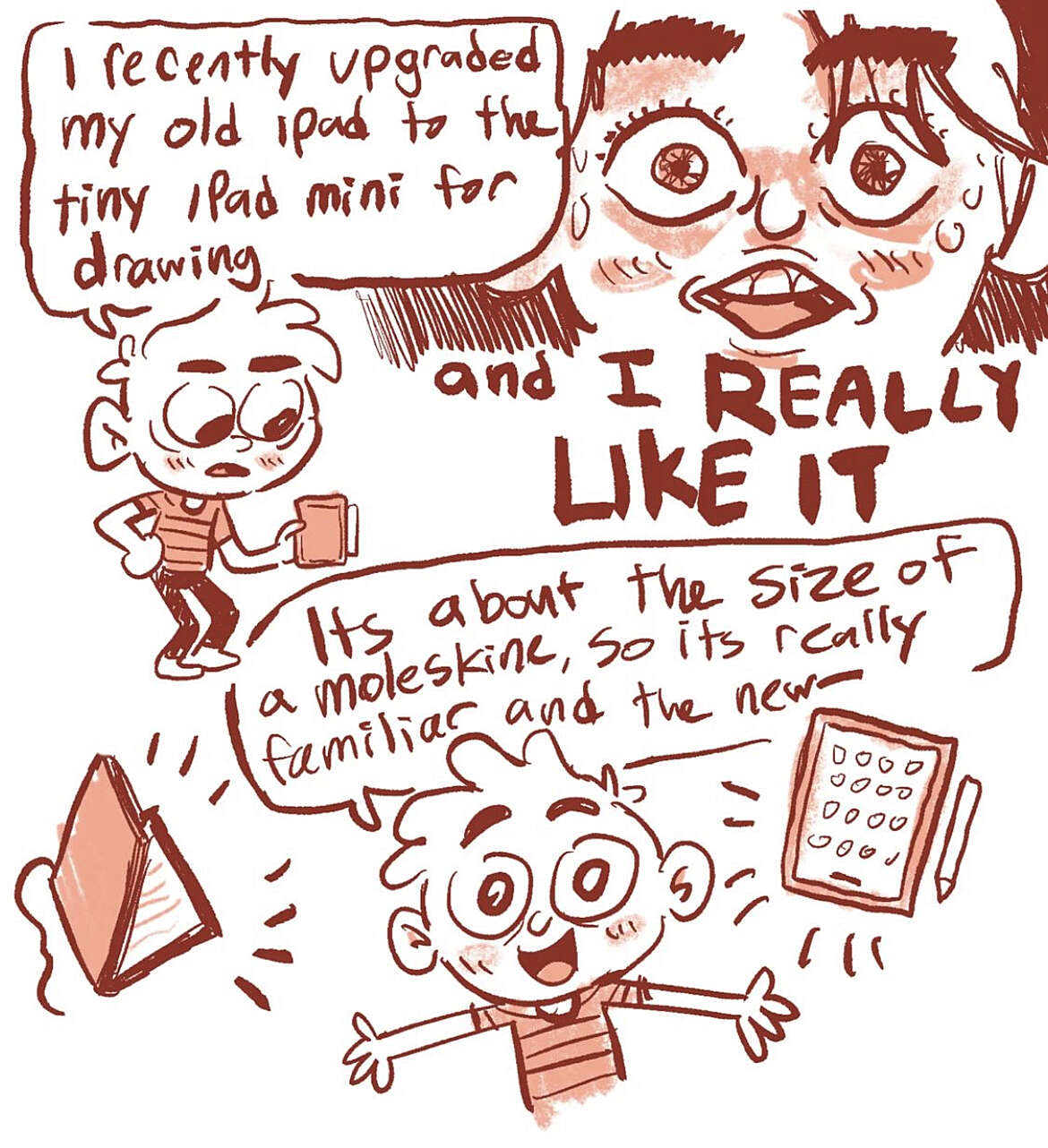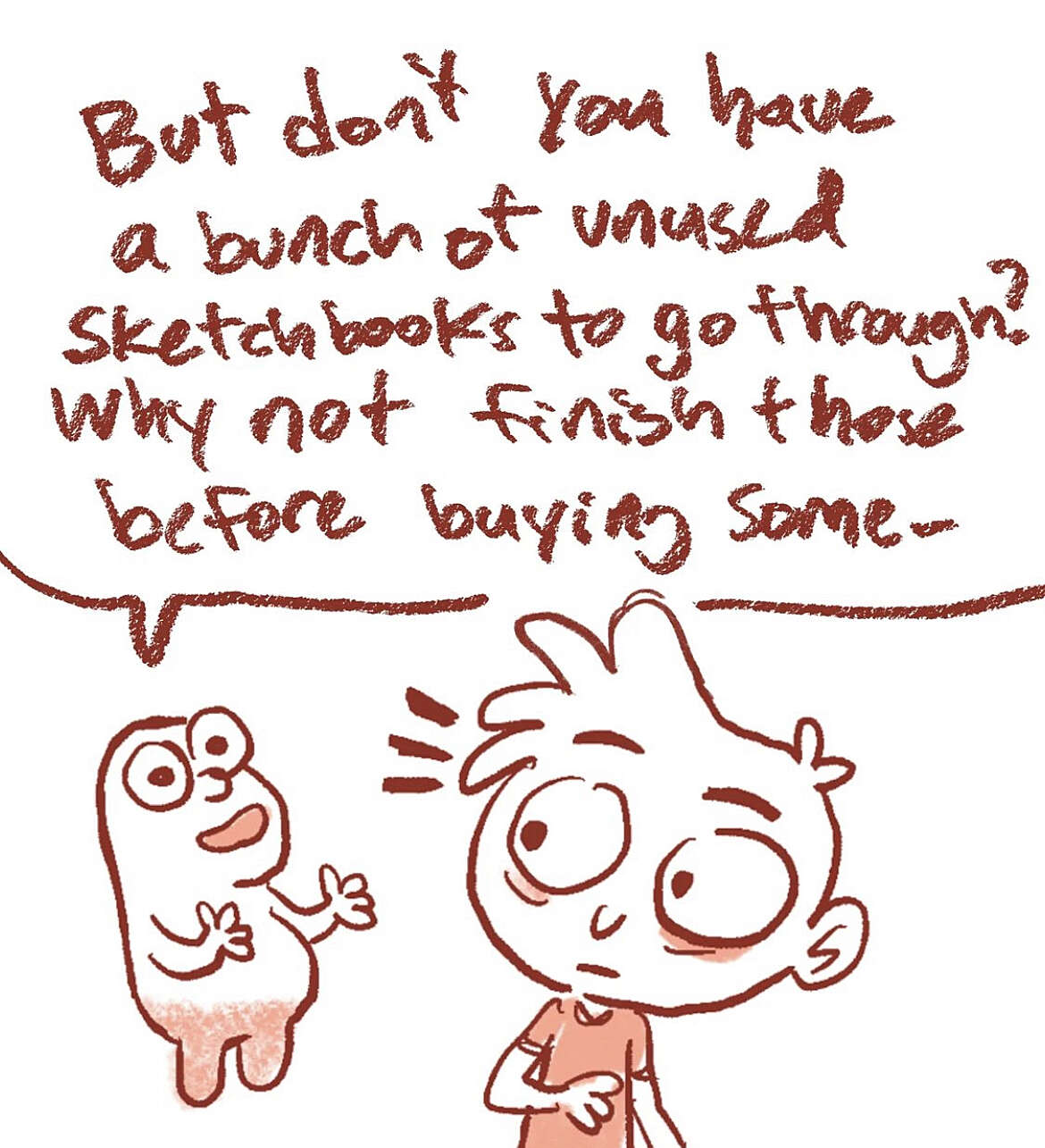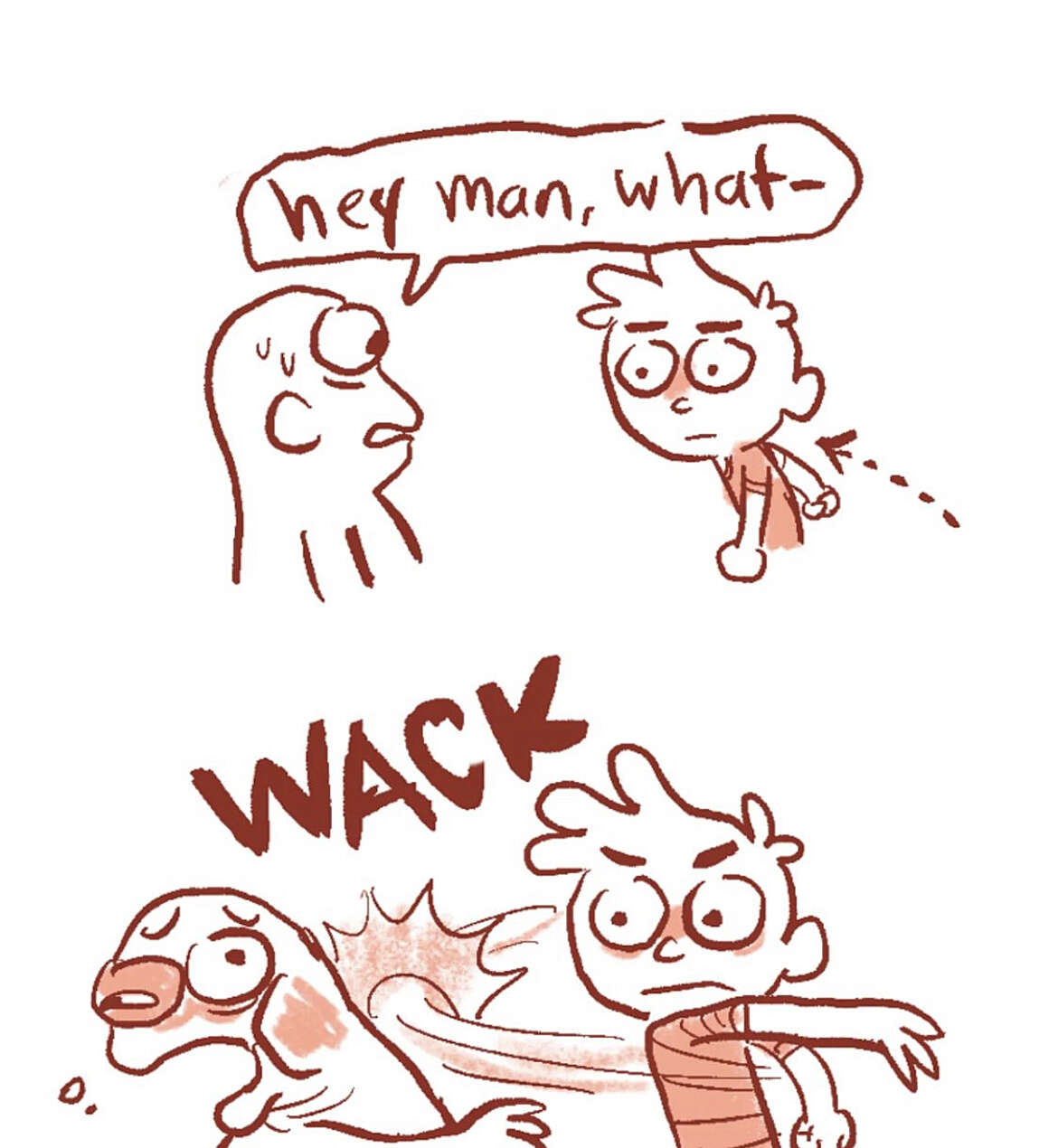In this issue: an extremely verbose essay that started as a book review and turned into my career life story; a surprisingly in-depth essay praising my favorite brand of socks; other random stuff.
Also, today (well, yesterday the 29th, technically, since this was posted at 12:10) is my wife's 40th birthday!! I'm extremely lucky to have her in my life, and I love her with all my heart. We're throwing a big party tomorrow to make up for her 10th birthday exactly 30 years ago that no one showed up to because of the LA riots. Here she is looking super beautiful and cute as heck in her EGL dress while holding a fake raven:
Shit I'm…
Reading
(This turned out much longer than I anticipated, but hopefully you find it worthwhile. Take a seat as Grandpa Toby spins a yarn.)
My current job at Zendesk is kinda unique. I've been there around six and a half years, which is the longest I've ever been at one place. I was originally hired on due to some interesting circumstances. Back in 2008 or so, I had a side project app I had made called Stafftool that was a web based product for managing churches and non-profits. It was pretty wild. I had been into Ruby on Rails for a year or two at that point and wanted to make something, and when I saw how inefficient the church I played drums at was with scheduling and communicating, I thought "I could fix this with technology." So I made an app that did calendaring, membership management, group communication, and even donation tracking. I definitely went overboard, but it was super fun and one of those things were I pretty much became obsessed with making it. So many ideas and interface experiments to try out, and I thought I might actually pull off doing this as a full time job at some point. Turns out that takes knowing how to actually sell something, though. Whoops.
Anyways, I didn't want to have all the support requests and bug reports go into my personal email, and I wanted one of those cool "feedback" tabs on the side. Instead of making all that stuff myself, I initially got GetSatisfaction. They turned out to be this bizarre protection racket thing for support, kinda like Yelp is for reviews. "Everyone is coming to this weird support portal thing thinking it's the official support place, it'd be a shame if people got bad support here." Nah. So one day I saw an ad on Daring Fireball for Zendesk and I signed up.
I got it all set up and was happily using it for my customers. Then I got an email from the Zendesk founder asking for some feedback. Turns out I was the only person using it by myself, which confused them since the whole point was using it as a support team. This led to a lot of emails and a kind of friendship around us both running a couple of fledgling Rails SAAS apps. They said they really liked my app, I gave them some quotes for their promo sheets, and they even asked me if I would go work for them. They had just moved to Boston from Copenhagen at the time, and I had no interest in moving there, so I passed.
At the time I was in SF working at Powerset, doing Stafftool on the side, usually working on it from like 8pm-2am. Eventually, Zendesk moved their headquarters into a building right down the street from our apartment. The Zendesk folks contacted me to let me know and invited me to their office warming party that the Tamale Lady (RIP) was catering. Here's a pic of me holding Pea (who's now 14) at it:
Not too long after, Powerset got bought by Microsoft. Those were the bad old Ballmer days and no one wanted to work for them. So, everyone was looking for a new job. I worked with Tom from GitHub at Powerset and almost became one of their first employees when he decided to quit and go full time, but their funding fell through and they could only afford to hire Scott. Damn. Then the Zendesk folks hit me up about working there instead of Microsoft. I told them I was interested, but Microsoft was going to pay a pretty hefty retention bonus if I stayed. They said they couldn't give me a bunch of cash like that, but they could give me a bunch of stock. I was like "why the hell would I care about Zendesk stock" in my head. Whoops. So, like an ass, I stayed at Microsoft.
After a couple years of hating it and learning vim and building laterstars to stay sane, I quit a year early and joined a few friends to help build BankSimple, which went on to become Simple. Being on an amazing founding team and building something that I cared about from the ground up was one of the best professional experiences of my life. I poured my heart and soul into building that shit. I even got to go on a bit of a speaking circuit, traveling all over the world telling people the story of designing it. It was a good time.
But, it had a dark side. My obsession with building stuff got my identity and self-worth a little too wrapped up with this pile of pixels and code. Simple was super overhyped with expectations from nerds that were impossible to meet, but I still ran Twitter searches all the time, ignoring the good stuff and fixating on the negative.
And then, a few years in, our VP of Product quit and I offered to run help product in his absence. One of the pieces of advice he gave me before leaving was to not join the Executive Leadership Team because you spent all your time in meetings that were essentially therapy sessions, and no time actually thinking about, let alone building, product. So I took his advice. I later realized that that all but guaranteed me not being taken seriously.
Eventually, a new VP of Product was hired. No one really understood the reasons for hiring them, but they were married to the CEO's friend, and, well, sometimes that's just how it goes. It turned out that we absolutely hated each other. They were 100% Business™, saying shit like "the Product org needs to assert our place and authority in the company" and I was (naively) 100% idealistic about the product, replying "uh, what about building good stuff for our customers," which went over like a lead balloon. I still loved the product and company, but it was clear this wasn't going to work out. I was super stressed and despondent over the turn of events.
One day I was at home sitting on the couch watching TV when all of the sudden I thought I was having a heart attack. My chest hurt like hell, feeling super tight, and I didn't know what the heck was going on. I went into urgent care and it turned out I had shingles on the entire left side of my body. Not cool.
Not long after, I had a meeting with the CEO where I kind of broke down about things. He told me I should take some time off, and I reluctantly agreed. My new boss, the VP of product they had just hired, told me there was "no shame in moving on from things" or some shit like that. I took a month or so off, and I realized I didn't actually need to work there anymore. It was kind of a revelation after thinking I'd be there for at least 10 years. I resigned before having another job lined up. Simple was super gracious and gave me a nice going away send off and a few weeks of pay.
By chance, Mikkel from Zendesk emailed me asking what I was up to while I was unemployed. One thing led to another, and I ended up finally working for them. They originally wanted to see if I'd be interested in moving back to SF to manage the product design org. After a polite "lol hell no am I moving back to SF," someone mentioned talking to Alexander, one of the co-founders, who had a side project he'd been working on. I came on board to work with him on that. Luckily, he said I should just stay up in Portland and build a small team here to stay away from the "enterprise bullshit." Little did I know this would be a pretty pivotal moment.
Ok, I promise this all ties into the book. That decision to let us be a "separate" team set the stage for this whole phase of my career. Some amazing Zendesk engineers were already working on it, and I hired a few more great folks and we worked on the project in relative peace. I still had to give status updates and at one point was made a General Manager when the company split things into product lines, but for the most part we were kinda living the "startup within a big company" lifestyle. I was doing all the design work myself, all the product stuff, talking to customers, putting decks together, and my team was a self-contained unit of engineers, whereas the rest of the company operated in a much more vertically siloed manner. Engineers reported up to the engineering org, designers were part of a completely separate org, and product was it's own thing as well.
We have always been viewed as the Weird Team up in Portland doing who-knows-what. For a long time we had the protection of the co-founder, but like most co-founder side projects, it ended up in failure. Luckily, instead of canning us all and calling it a day, the head of product told us to think of something else to work on that would contribute to the main product's bottom line. We were on the hook for $1M in recurring revenue within a year.
We ended up building a an add-on product that took some of the learning from the failed side project and ended up generating something like $3M that first year. We earned a little bit of capital by pulling that off, and for the next few years were pretty much left alone to keep growing that product. By last count, it was up to around $38M.
Ok, so that was pretty great! We pulled it off! But, along the way, there's been a constant tension in the back of my mind about My Career Path. In 6 years I've gotten one promotion, and that was kind of a perfunctory thing around the whole GM structure as far as I know. My team has hovered around ~5 people the whole time, while most of my peers have put tons of effort into growing their team and, by extension, influence. I'm quite a bit older than most of my peers, and many of them have "caught up" to my equivalent position while I've, by most accounts, stagnated.
And you know what? I'm kind of fine with it.
By all accounts, I have carved out a pretty incredible life. Relative autonomy at work, an amazing family, more money than I ever dreamed of having when I was younger. But more importantly, I've mostly managed to separate my identity and self-worth from my job. Sure, I like it, and I get satisfaction from making things and having a great team. But I've made peace with a less traditional career path than a normal corporate ladder climb, and have instead made it my goal to keep the good thing we've got going as long as we can, while shielding my crew from the Enterprise Bullshit.
And that's what this book is about.
While talking to a colleague who recently came back to the company after taking a year off to be unemployed and just live, we went pretty deep into our whole situation. He asked if I had read Orbiting the Giant Hairball. I said I hadn't, and I ordered it as soon as I got home that night. They didn't have a kindle version at the time (they do now, apparently) so I ordered the hardcover. I'm super glad I did. I'm a die hard ebook reader, dating back to reading shit on my Palm Pilot in the early 2000s, but this is definitely a book worth having a physical copy. A perfect small size and peppered with tons of whimsical full color illustrations throughout the funky layout, it's more like a poetry book than a Serious Business Book.
I dove in and was immediately struck by how much I related to everything he was saying. As proof that there's truly nothing new under the sun, this book was written in the 90s by a total hippy dude who worked at Hallmark for 30 years. On paper, that type of job couldn't be further from a person working a 2022 tech job, and yet it's all the same shit. All of it.
The tl;dr of the book is right there in the title. Early on he makes the analogy that companies of any size eventually turn into a giant tangled ball of hair, twisted around themselves to try to stick to and recreate any successes they've had in the past. More people get added to the mix in the name of growth, and just add more hair to the ball. And, like any hairball, the bigger it gets, the grosser it is.
And his solution is to extricate yourself from that hairball and orbit around it, finding the things that you connect with most that align with the organization's goals, but don't require you to get deep into the muck.
Without knowing it, I had been blindly trying to do what he laid out in the book, but without the 30 years of hindsight to articulate it. The thing that's funny is that I now have a sense of comfort in knowing that this is Just The Way Things Are for the most part. Businesses gonna business, humans gonna human. Same shit, different day.
I've recommended the book to a few friends over the past month or so when I see them going through a similar arc. I was recently talking to a younger colleague at work who's partnered up with my team on a relatively juicy project. It's gone through the full course of corporate shenanigans, and is a prime example of the whole hairball thing in real time. As we were talking, I explained how I have pretty much been the same level with the same sized team for six and a half years, and they were wondering why I'm still there. And I was like, you know, all things considered, it's a pretty damn good gig. I have a tight knit team who has, for the most part, been with me the entire time, and we are left alone enough that we can do good work that contributes to the company in, in my humble opinion, an outsized manner. I can do a day's work and not have to put in crazy hours or be consumed by it at all times of day. I've witnessed a bunch of colleagues chasing bigger teams and bigger titles, and, you know what? I'm good. If I can keep things going, essentially treating it like a puzzle to figure out how to keep our autonomy while contributing to the ever-growing company, I can't really ask for much more.
I recommended the book to them. A few days later we were chatting and they remarked that, after reading much of the book, everything we were talking about before made a lot more sense. They asked how long ago I read it, and I told them "oh, a month or two" and they were shocked. They were under the impression that I read it a super long time ago and had consciously shaped my whole tenure there trying to accomplish the same arc. But nope, I've just been stumbling along, happening to land on a path very similar to what folks like him figured out countless times before me.
So, yeah. If you've actually read this far and any of that resonated with you, I heartily recommend this book. Attempting any type of orbit can be scary and a bit dangerous, but once you experience the weightlessness of it, there's no going back.
Using
When I started drawing again, I tried out a bunch of different apps. I was kinda shocked at how good the whole iPad/Pencil drawing ecosystem is. The main apps I landed on were Concepts, Tayasui Sketch, and Procreate. They're all really great. I'll probably talk about Concepts in the next issue, but Procreate is definitely the Big Dogg. On the surface it seemed pretty standard, not all that different from the others. I remember buying it ages ago when it first came out, but only did a few scribbles. In the intervening 10 years it's become a damn powerhouse that apparently dominates the whole digital art space. It took watching this Procreate for absolute beginners Skillshare class by Molly Suber Thorpe (get both of us a free month of Skillshare here, it's pretty great). Watching this made me realize it's not just a Photoshop clone, but a drawing/painting app built from the ground up for touch interfaces, and it really shows. Tons of thoughtful features and interactions, way more power than I'll ever use, and a vibrant community of people making new classes, brushes, textures, and kits for it. I got the Sketchbook Artist Bundle and it's pretty great. So yeah, if you have any interest in drawing on your iPad, get Procreate (only $10 and no bullshit subscription) and do it!
I've been lucky enough to be a beta tester for this, and got damn is it great. I built a read later app back in 2010 called laterstars that was built on top of pulling links out of twitter faves, and Readwise Reader definitely feels like the spiritual successor to it – tons of keyboard shortcuts, an inbox/archive workflow, extracted articles, etc. It goes way beyond what I did, though, with ambitions to be a one-stop shop for anything you'd like to read and highlight. It's really quite incredible.
And, it's of course built on top of the core Readwise service for aggregating your highlights from all across the web, which makes it super easy to save things for spaced repetition and getting things into Obsidian, etc. I can't show you anything yet or give many details, but believe me when I say these folks are really onto something. Sign up here for a free month!
Wearing
Icebreaker socks are the absolute best socks I have ever worn. I know I'm old because I'm raving about socks, but hear me out. I have gone through the entire arc of sock wearing over my lifetime. Starting out as a kid with the 70s/80s calf-high striped ones, to rando white ones for many many years, to black socks when I was told white socks were not cool, to a whole variety in middle age. There was a time when I wanted to get rid of all my socks and get a shit ton of the same exact ones so I wouldn't have to think about it anymore. Jen ordered me a whole bunch as a gift at one point, multiple packs of the same socks. It was beautiful. But, wouldn't you know it, even though she ordered all the same stuff, they were still slightly differerent from pack to pack. There was no winning.
So, after that experience, I drifted back to more "creative" socks over the years, as the designs got nicer and I had more money to spend on stupid shit like that. I tried Stance, SmartWool, even some of those toe socks. They were all pretty nice, and I thought they were "high quality" since they were the same price for one pair as a pack of Hanes or whatever. Without fail, though, they all ended up with a hole where my abnormally longer than the rest of my toes big toe went. Every damn time. And if that didn't happen, the back heel area got worn through really quickly.
Enter Icebreaker.
I got some of these and they didn't feel much different than the other merino wool ones, but, man, do they last. I've had a variety of models and weights, but they've all been excellent. The best are the "anatomical fit" styles that tell you which foot to put them on, so they conform to your toe box better and you don't get that weird feeling when they're worn in more for the other foot. It's the little things.
Ok, so these fit great and feel great, and they're merino wool so they don't get stinky too fast. And did I mention they last? I've had some for literally years without getting holes in them. I don't know how they do this, but the pulled it off. My knife feet, previously undefeated, are no match for this shit. However, one of my oldest and most worn pair eventually didget a slight big toe hole. Haha! I've still got it.
This is where shit gets wild.
I had heard legend of a lifetime guarantee they have where they'll straight up replace socks if they get holes in them. It was a big factor in spending the money on them, but I never really got to test it out since they lasted so damn long. But when I finally felt that first hole, it was time to put it to the test. I took that pair and another that was starting to show some thinness near the heels into the store and kinda sheepishly asked them if I could exchange them. It felt super weird bringing in old ass socks and asking for a replacement, like the people who buy shit at Costco and use it for 7 years then go in demanding a refund when it inevitably gets damaged. But, if this sock thing was actually true, then the game has changed for me.
To my shock, they exchanged the damn socks, no questions asked.
Needless to say, I will never buy socks from any other company. The thing that's wild, though, is that I may never need to actually buy socks ever again until Icebreaker goes out of business from me returning expensive socks or the giant meteor finally takes us all out.
Wasting money on
Cool S Clock. Totally worthless, but cool (s) as hell. Definitely going on the wall in back of me so it shows up in Zoom calls. Available on Redbubble.
Listening to
- Resilience and Despair by QAALM – first off, my dogg Brock rules. I've been in two bands with him, he was in my wedding, and he's just an all around rad dude. He's in this band, and it fucking crushes. Atmospheric doom clocking in at no less than 15 minutes per song. Super stoked to hear this after they've been working on it for so long and that it's getting a great reception.
- Out of the Woods by Oregon – I remember seeing this album in my dad's record collection for ages and being intrigued by the album art. Now, like 35 years later, I totally get it. Haunting, complex, yet relaxing jazz fusion stuff.
Cooking
Eggplant curry – we had some friends (the family of a friend Pea has had since kindergarten) over for the first time since Covid started, and I kinda went a bit overboard with the menu I put together to cook. It was a whole middle easternish type of thing. I pulled it off by the skin of my teeth, still cooking when they arrived, and everything turned out pretty well. This curry was super tasty, definitely recommended.
Seeing
- No shows this week, but I do have tickets to see Opeth and Mastodon coming up, which should kick ass 🤘🏼 My pal Zac saw the show in Chicago and said it ruled, so I'm stoked.
Drawing
Just finished this one up:

This one was pretty tough for some reason. There's a lot of nuance in her expression, and at first I just didn't have the placement of features correct. After tons of erasing and starting areas over, and a bit of cheating by overlaying my drawing on the reference photo to make sure things were in the right spot, things started to flow. I feel guilty for cheating, but not too much since all the detail was done by sight once I was sure the placement of the features wasn't too far off.
This is one of those things I struggle with a bit. Is it actually "cheating" to take advantage of the ease the ipad makes overlaying images? I know the old timers made use of similar cheats to aid accuracy. I need to remember I don't really have anything to prove, I'm just trying to make progress.
Laughing at
😬
Learning about
Interstitial Journaling – basically, this is just writing down a timestamped log of what you're doing or have just finished, and what you're going to do next, throughout the day. Seems pretty basic and maybe even pointless, but it definitely seems like there's some good thinking behind it. It's essentially a way to be more mindful of what your intentions are throughout the day, and what prevents you from focusing on those things. There are lots of apps that can do this automatically for you, but the whole point here is the real-time reflection throughout the day to keep you focused on your accomplishments, struggles, and what's next.
I've been giving this a try for the past week or so. It's not as easy as it seems. I of course have wrapped myself around the axle trying to figure out the best technology solution for it (should I use Drafts quick capture throughout the day and then figure out a way to automatically import them into Obsidian? Should I build a Raycast extension that makes it easy directly from there? Should I just do it … on paper?). But it's also difficult to remember to do it… which I guess is the whole point. I keep thinking I should maybe use Day One with it's reminders and quick entry prompts. Or maybe use Session to also do the whole pomodoro thing and record thoughts after them.
I don't know. The times I've actually gone a full day writing most things down, it's pretty great. I suppose I just need to keep at it. If you've tried this, or have any pointers, let me know!
Watching
- Just started the second season of Raised By Wolves. It's getting pretty wild. Trying to get through this season so we can move on to Severance.
- Learning about the Asian Squat
- My cousin's YouTube channel where she does stuff like reaction videos to Infant Annihilator songs
